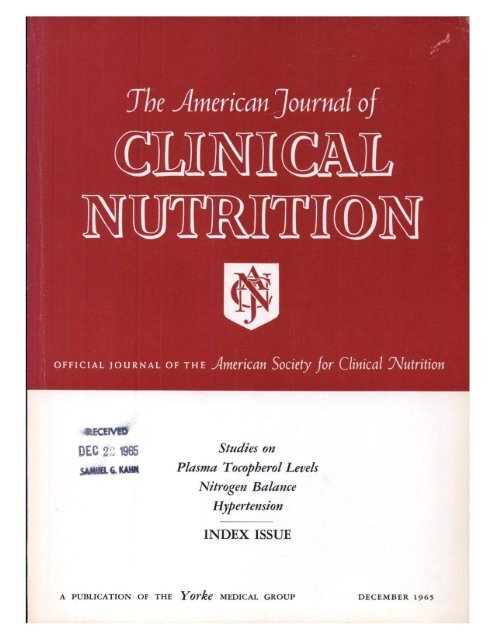摘要
背景:婴儿快速生长与儿童超重成正比,而母乳喂养与儿童超重成反比。目的:我们旨在研究纯母乳喂养持续时间如何改变婴儿生长对儿童超重的影响:我们旨在研究纯母乳喂养持续时间如何改变婴儿生长对儿童超重的影响:方法:我们从丹麦奥胡斯市政府收集了有关纯母乳喂养持续时间和儿童生长的常规数据,并从奥胡斯大学医院的病历中收集了有关产妇健康的数据(2008-2013 年)。采用潜类分析法估算了婴儿的生长情况。纯母乳喂养时间分为从未、≤4 个月和大于 4 个月。儿童超重的定义是 5-9 岁时体重指数 Z 值大于 1。我们使用逻辑回归法并对潜在的混杂因素进行了调整,调查了婴儿生长和母乳喂养持续时间单独或合并产生超重的风险:在 7074 名婴儿中,我们发现了三种生长模式:平均生长模式、加速生长模式和减速生长模式。与超过 4 个月的母乳喂养相比,从未或不足 4 个月的母乳喂养与 5-9 岁时超重有关(调整后的几率(aOR):分别为 1.61 [95% CI:1.27 -2.03] 和 aOR:1.54 [95% CI:1.28 -1.85])。与平均水平相比,婴儿生长加速与儿童超重有关(aOR:1.35 [95% CI:1.01 - 1.79])。在综合分析中,如果婴儿纯母乳喂养时间超过 4 个月,则没有证据表明婴儿生长加速与超重有关(aOR:1.20 [0.68-2.10])。无论纯母乳喂养持续时间长短,与纯母乳喂养时间超过 4 个月且发育一般的婴儿相比,发育迟缓与超重无关:结论:纯母乳喂养时间长与超重风险降低有关,而婴儿生长加速与超重风险增加有关。从未接受过母乳喂养的婴儿生长加速,5-9 岁时超重的风险最高,而纯母乳喂养时间超过 4 个月的婴儿超重的风险则与纯母乳喂养时间无关。Background: Rapid infant growth is positively, and breastfeeding inversely, associated with childhood overweight. However, the interplay has only been sparsely investigated.
Objective: We aimed to investigate how exclusive breastfeeding duration modify the effect of infant growth on childhood overweight.
Methods: We included routinely collected data on duration of exclusive breastfeeding and child growth from Aarhus Municipality, Denmark, and on maternal health from the patient records at Aarhus University Hospital, 2008-2013. Infant growth was estimated using latent class analysis. Duration of exclusive breastfeeding was grouped in never, ≤4 months, and >4 months. Childhood overweight was defined as a BMI Z-score of >1 at age 5-9 years. We investigated the risk of overweight dependent on infant growth and breastfeeding duration both independently and combined using logistic regression and adjusting for potential confounders.
Results: In 7,074 infants we identified three growth patterns: average, accelerated, and decelerated. Never or ≤4 months of breastfeeding was associated with being overweight at 5-9 years (adjusted odds ratio (aOR): 1.61 [95% CI: 1.27 -2.03] and aOR: 1.54 [95% CI: 1.28 - 1.85], respectively) compared to >4 months of breastfeeding. Accelerated, as compared to average, infant growth was associated with childhood overweight (aOR: 1.35 [95% CI: 1.01 - 1.79]). In the combined analysis, accelerated infant growth showed no evidence of being associated with overweight if infants were exclusively breastfed >4 months (aOR: 1.20 [0.68-2.10]). Decelerated growth was not associated with overweight regardless of exclusive breastfeeding duration, compared to infants with average growth who were exclusively breastfed >4 months.
Conclusions: Longer duration of exclusive breastfeeding was associated with decreased risk of being overweight, while accelerated infant growth was associated with increased risk. Children with accelerated infant growth who were never breastfed had the highest risk of overweight at 5-9 years of age, while there was no association if the infants were exclusively breastfed >4 months.

 求助内容:
求助内容: 应助结果提醒方式:
应助结果提醒方式:


